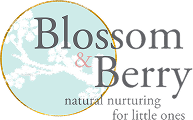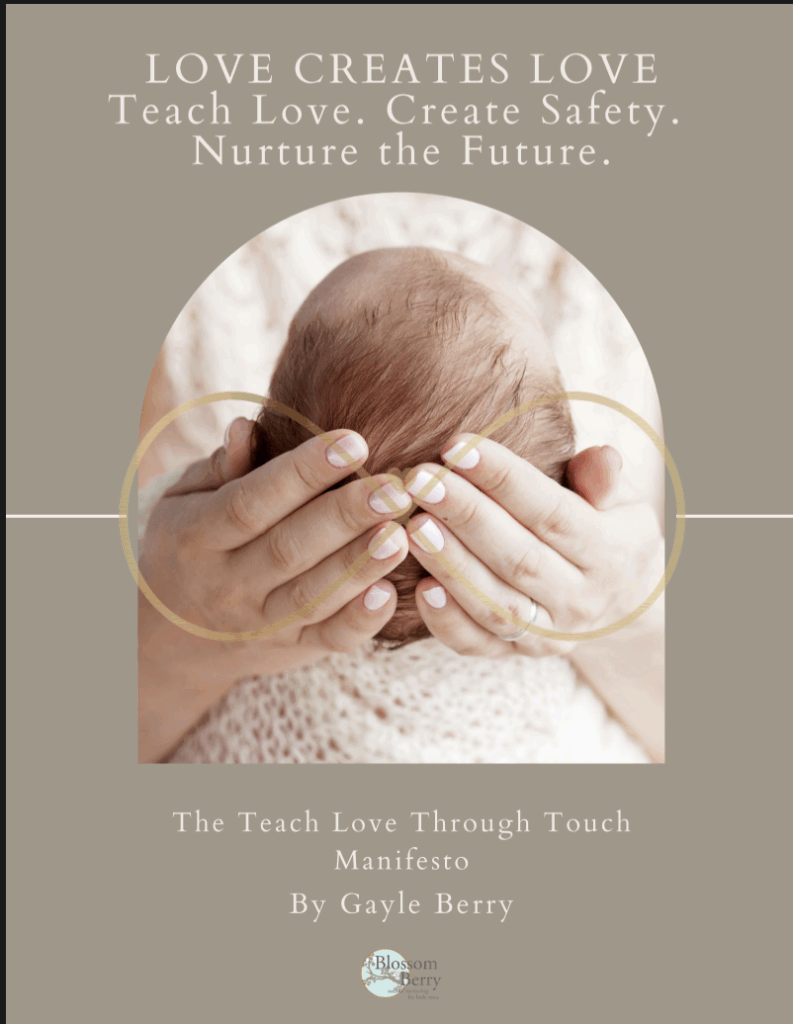Why Blossom & Berry’s Love Bubble Is Solving Global Problems
Blossom & Berry training is a heart-led, science-backed pathway to transform lives—starting with your own. It teaches you how to nurture babies and support parents through somatic practices like baby massage, baby yoga, nature connection, and loving presence. But it’s more than a qualification—it’s a movement. A journey into meaningful work, emotional connection, and the deep knowing that by teaching love in the first 1,001 days of life, you’re helping shape a more compassionate world. It’s where purpose meets practice, and love becomes legacy. Our key concept of the Love Bubble is central to support infant and parental mental wellbeing. It is so simple but so powerful.
The Problem: Current Mental Health & Child Development Crisis
-
Worldwide about 10% of pregnant women and 13% of women who have just given birth experience a mental disorder (mainly depression). In low‑income countries this can be higher: ~15.6% during pregnancy, ~19.8% after childbirth. World Health Organization
-
For children aged 1‑7 years, a meta‑analysis found ~20.1% have some mental health condition (anxiety, behavioural disorders, etc.). www.rcpsych.ac.uk
-
Half of all mental health problems are established by age 14, 75% by age 24 — meaning early childhood is critical. Mental Health Foundation+1
What Global / Policy Bodies Say
-
Nurturing Care Framework (WHO / UNICEF / World Bank): investing in early childhood (pregnancy to age 3) is one of the smartest economic and social investments a society can make. For every US$1 invested, returns can be as high as US$13. World Health Organization
-
UNICEF’s work on Early Childhood Development emphasises that children need health, nutrition, protection from harm, responsive caregiving, and opportunities for early learning — The Blossom & Berry Love Bubble includes (touch, presence, nature, somatic learning that is powerful. UNICEF
-
WHO perinatal mental health policy highlights the risks to children when maternal mental health is poor. Intervening early protects children’s growth and development. World Health Organization
How Somatic Practices Work (What the Science Shows)
-
Responsive caregiving (i.e. being attuned, touching, responding) builds secure attachment, which is strongly correlated with better emotional regulation, stress resilience, social skills.
-
Early relational experiences (touch, warmth, presence) influence how neural connections are wired in the brain during the first 1,001 days — shaping lifelong patterns of stress response, mood, learning.
-
Nature exposure / green environment improves emotional wellbeing, reduces stress in both parent and child (lower cortisol, more calm).
-
Practices like massage, gentle movement, yoga, breath‑work are all shown (in various studies) to support infant sleep, reduce crying, improve digestion, improve co‑regulation between parent & child.
Evidence that Early vs Late Intervention Matters
-
If problems are unaddressed early, emotional or regulatory difficulties often become more entrenched, more expensive to treat, higher societal costs (mental health services, educational support, lost productivity).
-
Infant mental health research (UK, Parent‑Infant Foundation) shows that early support to parents and caregivers prevents emotional disturbances becoming more serious, reduces later need for mental health intervention. Parent-Infant Foundation
The Economics Case For Love & Care
-
Early childhood development investment yields high returns: human capital development, better school outcomes, greater economic participation. (As per Nurturing Care Framework) World Health Organization
-
In policy briefs and country studies (e.g. Lebanon) children in vulnerable settings who receive nurturing care are more likely to be “on track” in development. Lower risk of delayed milestones, behavioural and emotional difficulties. UNICEF
How Blossom & Berry’s Love Bubble / Training Model Aligns
| What is needed | How Love Bubble + Blossom & Berry Meets It |
|---|---|
| Responsive caregiving & attachment | Baby massage, baby yoga, somatic presence teach parent to attune to babies’ cues. |
| Early relational experiences during brain plasticity period | We focus on pregnancy → age 3, i.e. first 1,001 days. |
| Co-regulation & emotional regulation | We have practices around breath, touch, nature to help regulate nervous systems of both baby and parent. |
| Nature / sensory richness | Nature connection, green settings used in Tree Babies. |
| Preventing escalation of mental health issues | Early intervention, equipping parents & professionals early so issues don’t become serious. |
| Economic return on investment | Our group classes gives reach; preventative care rather than later costly interventions. |
Why don’t you join us to Teach Love? Find out more about our teacher training courses.

